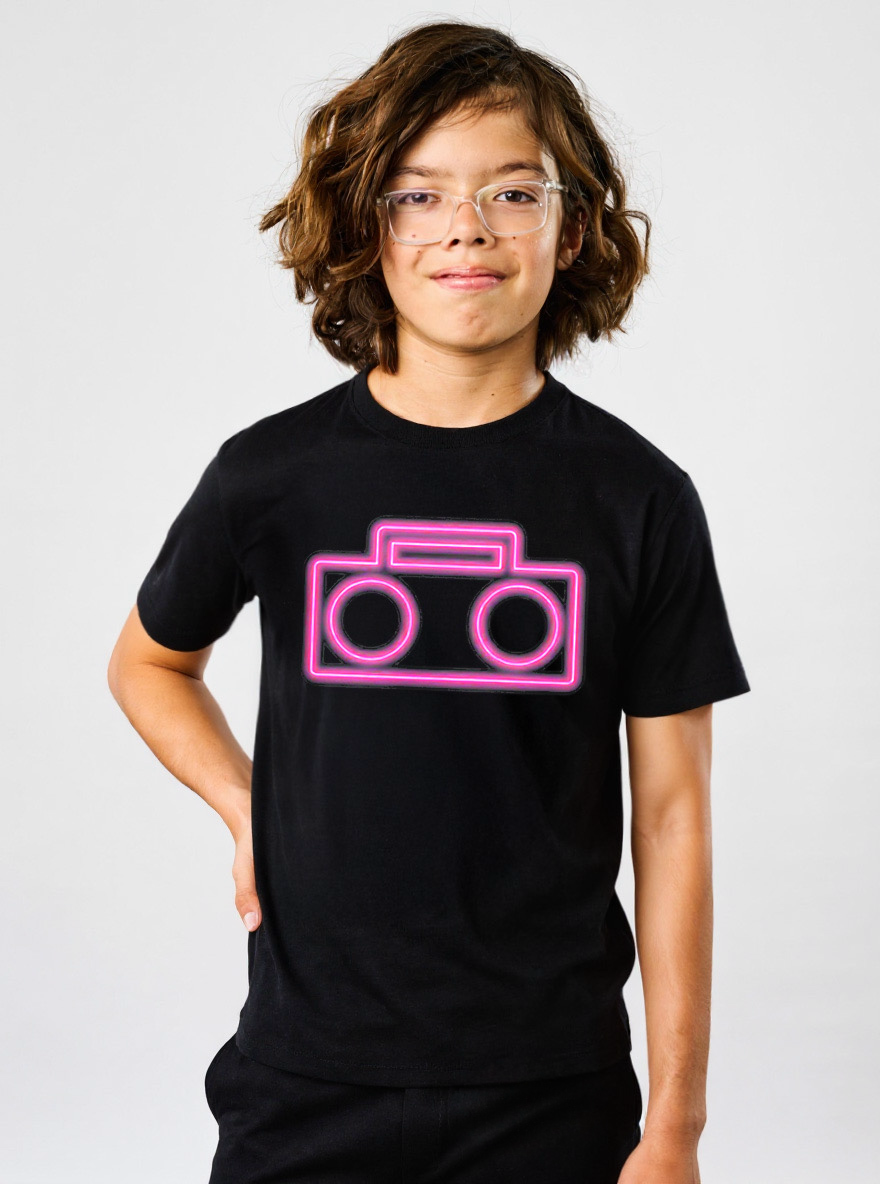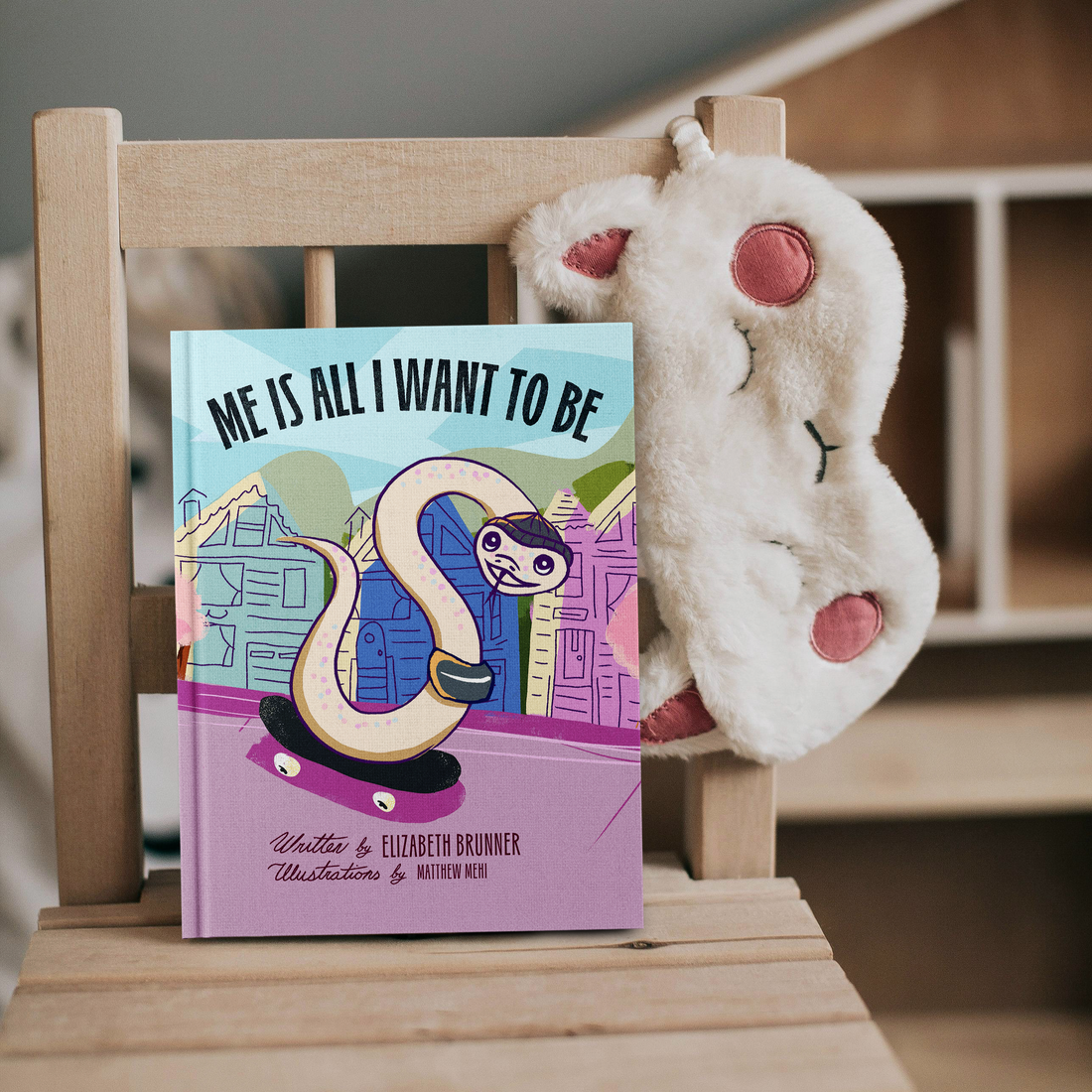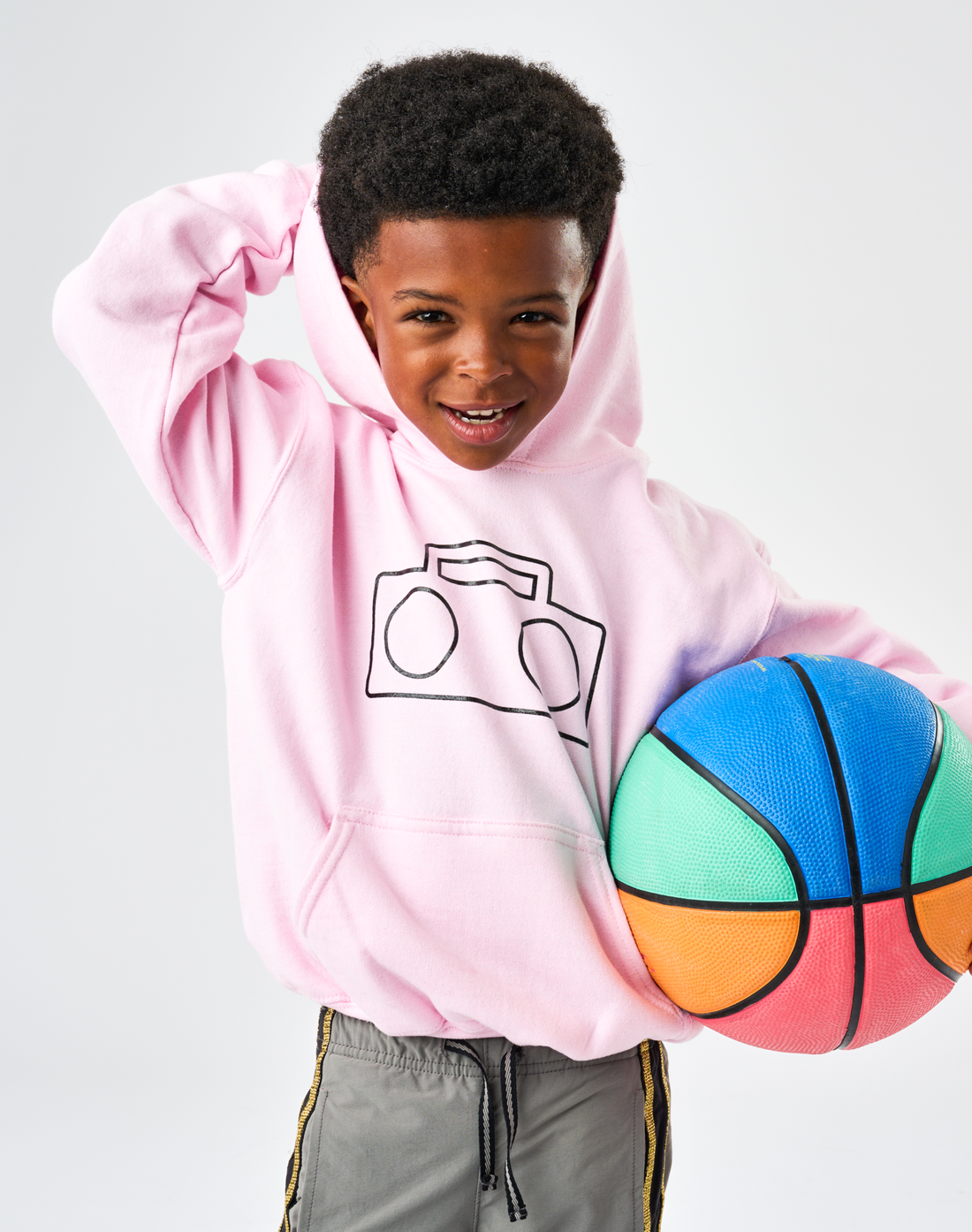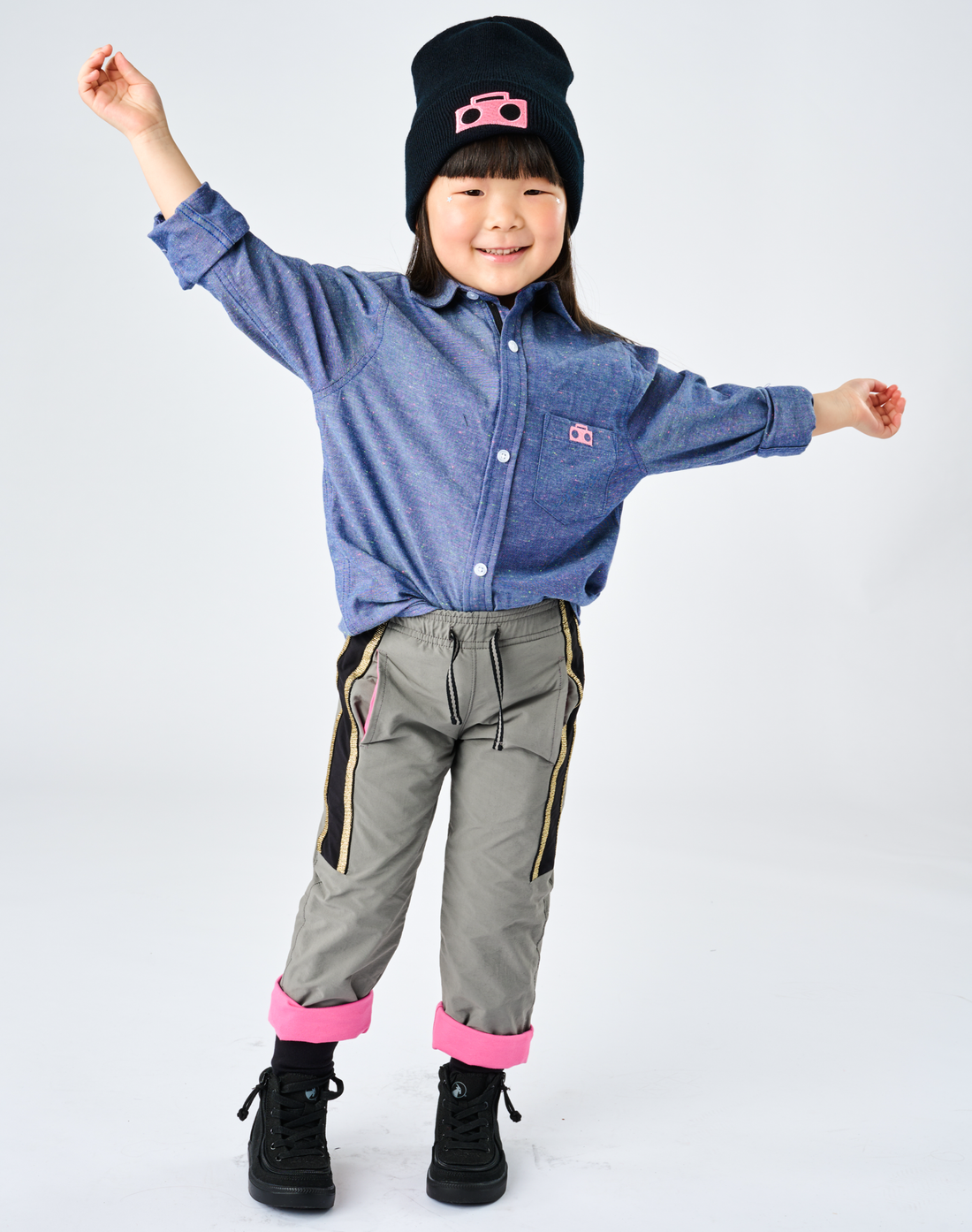StereoType Blog
Unlabeled: Freedom to Explore - De-gendering Fashion

_____
People are quick to label children- good, bad, pretty, handsome, loud, shy, impatient, kind, mean, sweet, trouble-maker, creative, bookish, prankster, different, and so on. I think underneath all those labels, people forget that kids are just kids and they don’t live by these definitions of themselves. My son can exhibit all of those adjectives in one day! However, when children are constantly met with these descriptions of themselves, they start to believe them as their defining characteristics and it can be very limiting in their growth and confidence. Studies show these labels have life-long impacts on a person’s self-esteem and mental health.
I am often told that it’s wonderful that I allow my son, Rowan, to wear dresses and accessories. I know people mean well when they say that- they are applauding my parenting and bravery! However, they are also implying that it is ultimately my choice and not Rowan’s in how he expresses himself. Ultimately, it’s not my choice. My job is to guide him and to make sure he is making safe and appropriate choices when it comes to his fashion. For instance, wearing a long dress on a hike or a snowsuit in a heatwave could be dangerous and inappropriate.
As a parent, it is my job to ensure Rowan’s physical and emotional well-being in the present and long-term. Rowan is happier and has an extra pep to his step when he wears dresses, sparkly shoes, and accessorizes with bows, necklaces, and bangles. I feel like it would be cruel to take that away from him because I would be denying a part of him that wants to be seen. Rowan affirmatively claims that he is a boy who likes wearing dresses. He proudly states, “Wearing a dress does not make you a boy or girl!”.
Recognizing that he just wants to be himself and have the freedom to explore empowers me to go against the norm and fill his wardrobe with what is typically considered girl clothing.
One of the biggest ways I empower Rowan to express himself authentically is to let him pick out his clothes when we are shopping. I let him roam the different clothing sections and not limit him to just the “boys” section of the store. By giving him freedom on how he dresses helps build his confidence and take ownership of his choices. I also invite him to join me when I am getting ready and he keeps his own jewelry box next to mine.
Regardless of what Rowan wears, he is often misgendered and referred to as “she/her.” I have honest conversations about how he feels about being misgendered and how others react to his clothing choices and hair length. I’ve taught him to speak up for himself and to teach others about stereotypes. The wonderfully surprising thing is that most children get Rowan’s gender correct and it’s often the older adults who have a hard time.
I believe today’s children are fluid and accepting because they are not constrained by gender stereotypes and clothing is slowly becoming degendered. Given the freedom, children can explore their creativity without it defining their gender or locking them down one way or the other. Fashion is an essential part of identity, positive self-esteem, and pushing limits confidently.
_____
Nimisha Gandhi is mom to Rowan. She is also a functional and Ayurvedic nutritionalist located in San Francisco. In the latest blog post Nimisha shares a tool kit she created and practices with Rowan to help him navigate the world by staying true to himself, and that also supports her child’s exploration in self expression. Find her on Instagram @mooncyclenutrition






